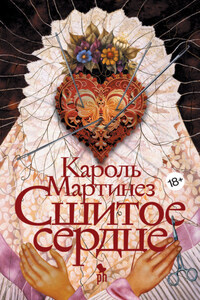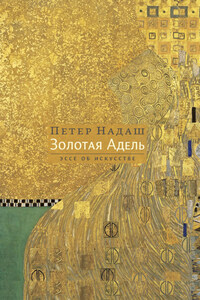MY NAME IS TOWNER WHITNEY. No, that’s not exactly true. My real first name is Sophya. Never believe me. I lie all the time.
I am a crazy woman…That last part is true.
My little brother, Beezer, who is kinder than I, says the craziness is genetic. We’re from five generations of crazy, he says, as if it were a badge he’s proud to wear, though he admits that I may have taken it to a new level.
Until I came along, the Whitney family was what the city of Salem fondly refers to as “quirky.” If you were old Salem money, even if that money was long gone, you were never referred to as “crazy.” You might be deemed “unusual,” or even “oddball,” but the hands-down-favorite word for such a condition was “quirky.”
Throughout the generations the Whitney men have all become famous for their quirks: from the captains of sea and industry all the way down to my little brother, Beezer, who is well known within scientific circles for his articles on particle physics and string theory.
Our great-great-grandfather, for example, parlayed a crippling preoccupation with ladies’ feet into a brilliant career as a captain of industry in Lynn’s thriving shoe business, creating a company that was passed down through the generations all the way to my grandfather G. G. Whitney. Our great-great-great-grandfather, who was a legitimate captain in his own right, had a penchant for sniffing cinnamon that many considered obsessive. Eventually he built a fleet of spice-trading ships that traveled the globe and made Salem one of the richest ports in the New World.
Still, anyone would admit that it is the women of the Whitney family who have taken quirky to a new level of achievement. My mother, May, for example, is a walking contradiction in terms. A dedicated recluse who (with the exception of her arrests) hasn’t left her home on Yellow Dog Island for the better part of twenty years, May has nevertheless managed to revive a long-defunct lace-making industry and to make herself famous in the process. She has gained considerable notoriety for rescuing abused women and children and turning their lives around, giving the women a place in her lace-making business and home-educating their children. All this from a raging agoraphobic who gave one of her own children to her barren half sister, Emma, in a fit of generosity because, as she said at the time, there was a need, and besides, she had been blessed with a matching set.
And my Great-Aunt Eva, who is more mother to me than May ever has been, is equally strange. Running her own business well into her eighties, Eva is renowned as both Boston Brahmin and Salem witch when, really, she is neither. Actually, Eva is an old-school Unitarian with Transcendentalist tendencies. She quotes Scripture in the same breath as she quotes Emerson and Thoreau. Yet in recent years Eva has spoken only in clichés, as if use of the tired metaphor can somehow remove her from the inevitable outcomes she is paid to predict.
For thirty-five years of her life, Eva has run a ladies’ tearoom and franchised successful etiquette classes to the wealthy children of Boston’s North Shore. But what Eva will be remembered for is her uncanny ability to read lace. People come from all over the world to be read by Eva, and she can tell your past, present, and future pretty accurately just by holding the lace in front of you and squinting her eyes.
In one form or another, all the Whitney women are readers. My twin sister, Lyndley, said she couldn’t read lace, but I never believed her. The last time we tried, she saw the same thing I saw in the pattern, and what we saw that night led her to the choices that eventually killed her. When Lyndley died, I resolved never to look at a piece of lace again.
This is one of the only things Eva and I have ever vehemently disagreed about. “It wasn’t that the lace was wrong,” she always insisted. “It was the reader’s interpretation that failed.” I know that’s supposed to make me feel better. Eva never says anything to intentionally hurt. But Lyndley and I interpreted the lace the same way that night, and though our choices might have been different, nothing that Eva says can ever bring my sister back.
After Lyndley’s death, I had to get out of Salem and ended up in California, which was as far as I could go without falling off the end of the earth. I know that Eva wants me to come home to Salem. It’s for my own good, she says. But I can’t bring myself to do it.














